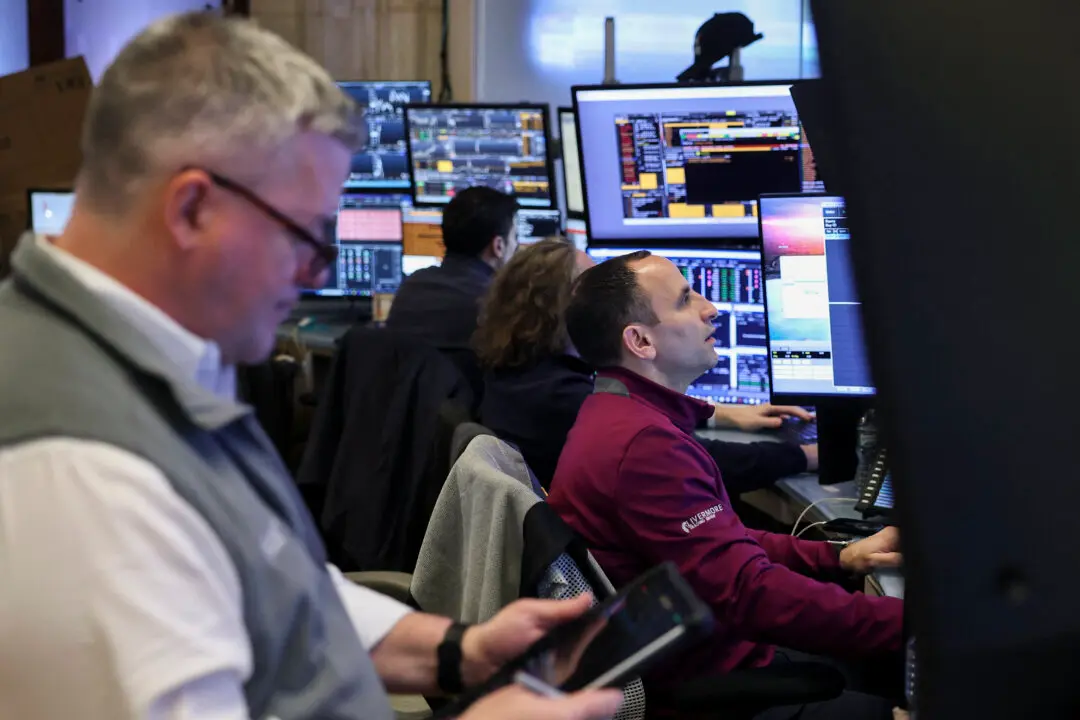U.S. stocks ended the week with a sell-off due to profit-taking, rising bond yields, and disappointing earnings from Applied Materials. Worries over Nvidia’s earnings next week added to negative Wall Street sentiment.
The S&P 500 ended Nov. 15 at 5,870.62, down by 2.08 percent for the week; the Dow Jones finished at 43,444.99, down by 1.24 percent; the tech-heavy Nasdaq ended at 18,680.12, down by 3.15 percent; and the small-cap Russell 2000 ended at 2,303.84 with a loss of 3.99 percent.





